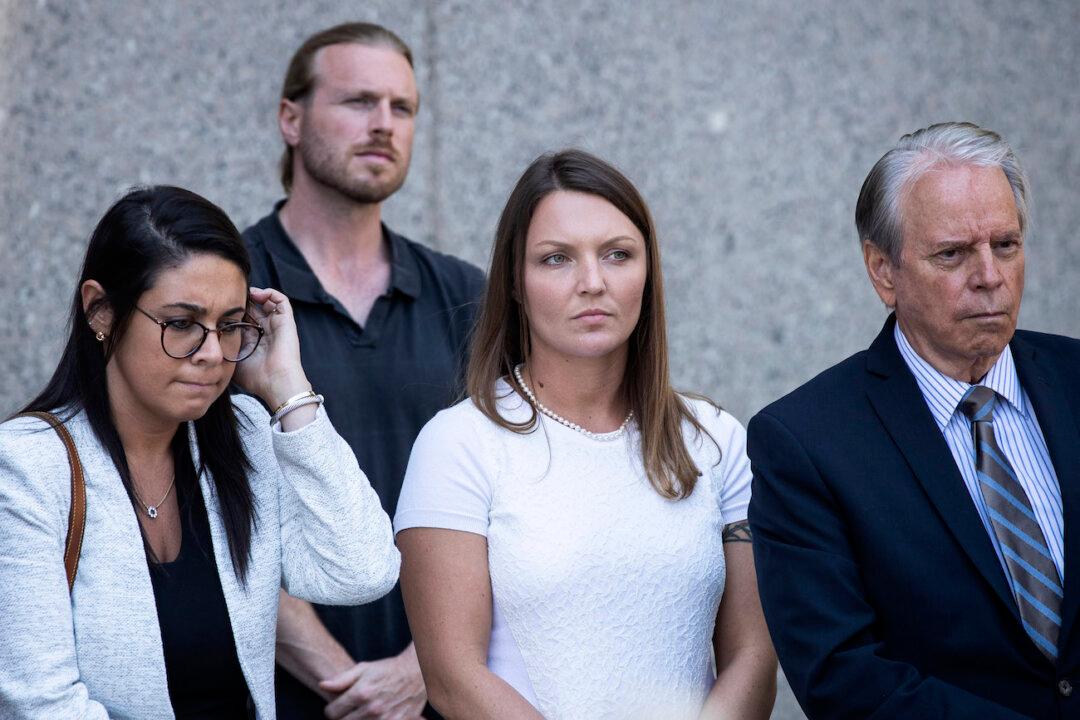Alleged victims of deceased convicted sex-trafficker Jeffrey Epstein will have a chance to challenge a federal non-prosecution agreement—often referred to as Epstein’s “sweetheart” plea deal, which was signed more than a decade ago.
Courtney Wild, an Epstein accuser originally known as Jane Doe 1, as well as another plaintiff known as Jane Doe 2, had filed an original lawsuit in 2008 to overturn the non-prosecution agreement. They argued that Department of Justice (DOJ) prosecutors had violated their rights under the 2004 Crime Victims’ Rights Act (CRVA) by sealing the deal without consulting with or informing the alleged victims.




